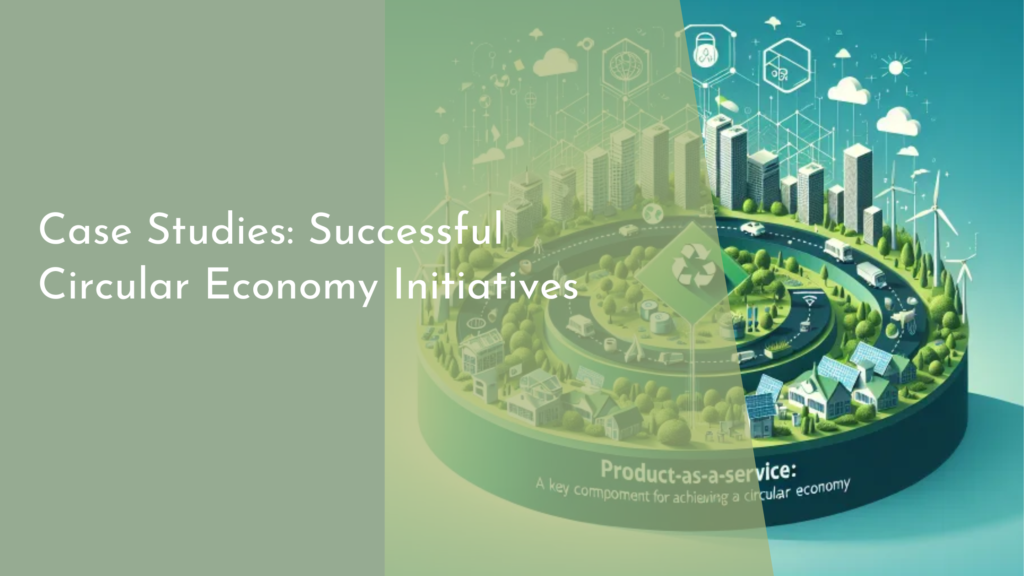The use of biodegradable materials in synthetic biology
In an era where environmental concerns are at the forefront of scientific innovation, the integration of biodegradable materials into synthetic biology represents a promising avenue for sustainable development. Synthetic biology, as an interdisciplinary field, combines principles from biology and engineering to design and construct new biological parts, devices, and systems. With the increasing focus on sustainability, researchers are looking to biodegradable materials to reduce waste and enhance eco-friendliness. This article delves into the bright future of biodegradable materials in science, how synthetic biology is embracing these innovations, the benefits they offer in modern applications, and some inspiring examples that showcase the incredible potential of sustainability.
Exploring the Bright Future of Biodegradable Materials in Science
The future of biodegradable materials within the realm of synthetic biology is undeniably bright. As the world faces escalating plastic pollution and resource depletion, scientists are continuously searching for sustainable alternatives that can naturally break down without harming the environment. Biodegradable materials, made from natural sources such as corn starch, cellulose, and even certain proteins, are at the forefront of this movement. They promise not only to mitigate waste but also to harness the power of living systems to create innovative solutions that could revolutionize various industries.
As research progresses, the development of engineered microorganisms capable of producing biodegradable materials is becoming a reality. These microorganisms can be programmed to synthesize polymers that can replace conventional plastics in a multitude of applications. This pioneering approach is helping to lay the groundwork for a future where synthetic biology and sustainable materials coexist harmoniously, leading to cleaner ecosystems and more responsible consumption patterns.
How Synthetic Biology is Embracing Eco-Friendly Innovations
Synthetic biology is embracing eco-friendly innovations by incorporating biodegradable materials into its core principles. By leveraging advanced genetic engineering techniques, scientists can design organisms that produce biodegradable substances on-demand, tailoring them to specific applications. This not only reduces reliance on petroleum-based plastics but also opens up new avenues for creating materials that are both functional and environmentally friendly. From plant-based packaging to biodegradable medical devices, the possibilities are limitless.
Moreover, the integration of biodegradable materials in synthetic biology is fostering collaborations across diverse sectors, including agriculture, healthcare, and manufacturing. These collaborations aim to create a circular economy where waste is minimized, and resources are reused. As industries increasingly recognize the importance of sustainability, synthetic biology is poised to be a key player in the transition toward eco-conscious practices, ensuring that our innovations do not come at the expense of our planet’s health.
The Benefits of Biodegradable Materials in Modern Applications
The benefits of biodegradable materials in modern applications are manifold. First and foremost, these materials significantly reduce the environmental impact associated with traditional plastics. Unlike conventional plastics, which can persist in the environment for centuries, biodegradable materials can be designed to decompose within a matter of months or years, thus minimizing landfill contributions and pollution. This rapid degradation is especially beneficial in applications like packaging, where single-use items are prevalent and often discarded carelessly.
In addition to environmental benefits, biodegradable materials can enhance product functionality. Many biodegradable options possess unique properties that make them suitable for specific applications, such as controlled release in pharmaceuticals or enhanced biodegradability in agricultural films. By integrating these materials into various products, manufacturers can not only appeal to eco-conscious consumers but also create innovative solutions that meet the growing demand for sustainability in today’s marketplace.
Inspiring Examples of Sustainability in Synthetic Biology Today
Numerous inspiring examples of sustainability in synthetic biology are paving the way for the future of biodegradable materials. One notable project is the use of engineered algae to produce bioplastics, which can serve as a viable alternative to traditional plastic. These algae-based plastics are not only biodegradable but also renewable, as they can be cultivated using carbon dioxide and sunlight. This innovative approach exemplifies how synthetic biology can harness nature to address pressing environmental challenges while providing valuable resources.
Another remarkable example is the development of mycelium-based materials, created from the root structure of fungi. These materials can be used for packaging, insulation, and even furniture. Mycelium naturally decomposes and enriches the soil, making it an excellent choice for eco-friendly applications. As researchers continue to explore these fascinating biotechnologies, the potential for biodegradable materials in synthetic biology is becoming clearer, inspiring a new generation of sustainable innovations that can help protect our planet for years to come.
The integration of biodegradable materials into synthetic biology is an exciting development that holds tremendous promise for a sustainable future. As researchers and industries embrace eco-friendly innovations, we are witnessing a shift towards more responsible practices that prioritize the health of our environment. The myriad benefits of biodegradable materials, coupled with inspiring examples from the field, underscore the potential for synthetic biology to lead the charge in creating a greener world. Together, we can foster a harmonious relationship between technology and nature, ensuring a thriving planet for generations to come.

